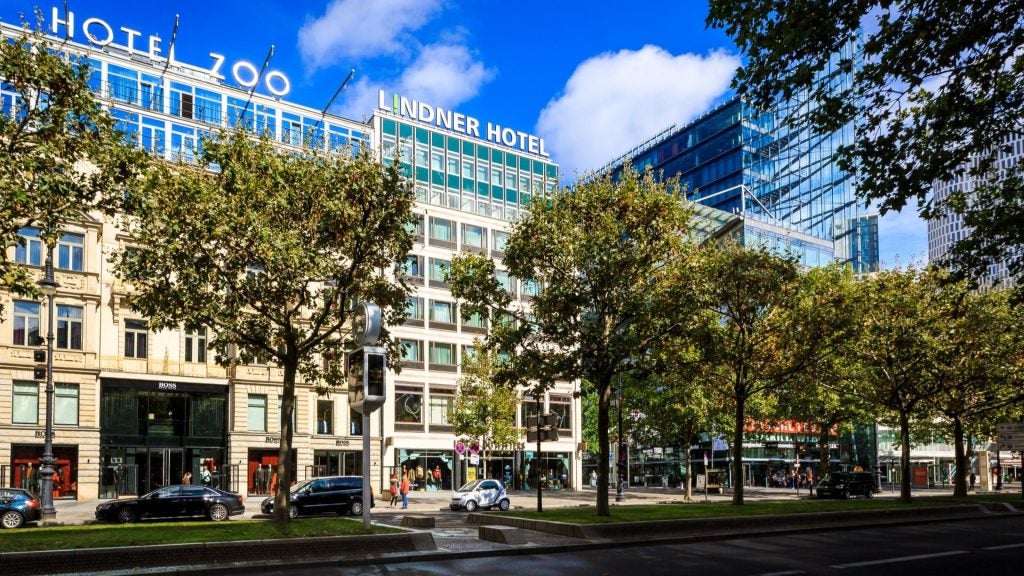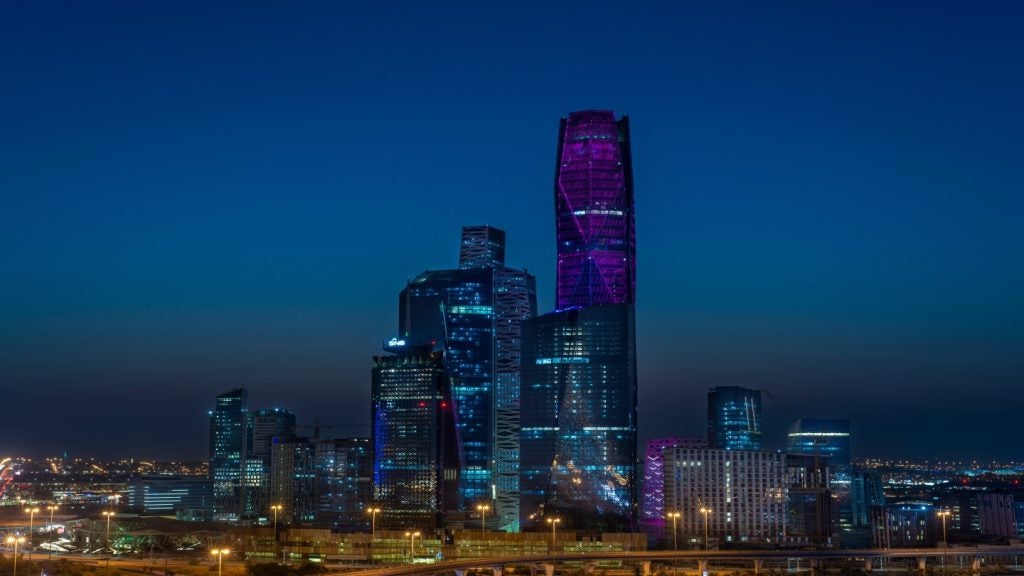
In the last decade, hotel management contracts have become increasingly commonplace across the hospitality industry, with many companies choosing to reduce the number of owned properties in their portfolio in favour of mutually beneficial operating agreements. However, with recent economic conditions creating a challenging marketplace, some of the industry’s biggest companies have re-examined their strategies in order to maximise profits.
Rezidor, which operates five high-profile brands, sees itself primarily as an operating company. By the end of 2009, the group had almost 390 hotels and more than 83,000 rooms in operation and under development in 62 countries across the EMEA region. The company does not own any of its properties, and earns its revenue from room sales, meetings and events as well as from fees paid under management and franchise agreements.
“Today, more than half of our hotels in operation are under management agreements,” says Puneet Chhatwal, senior vice-president and chief development officer at Rezidor. “Our pipeline includes more than 100 properties and over 20,000 rooms, 90% of which are under management agreements.”
This asset-light approach allows Rezidor to concentrate on increasing the properties in its portfolio and improve the performance of its existing hotels.
“We are a management company and we specialise in management contracts,” continues Chhatwal. “This helps us to stick to our core job, and balances the risk between owner and operator, more than franchise or lease agreements do.”
See Also:
While leases can be profitable and franchises more resilient in a downturn, management agreements form the core of Rezidor’s future plans.
How well do you really know your competitors?
Access the most comprehensive Company Profiles on the market, powered by GlobalData. Save hours of research. Gain competitive edge.

Thank you!
Your download email will arrive shortly
Not ready to buy yet? Download a free sample
We are confident about the unique quality of our Company Profiles. However, we want you to make the most beneficial decision for your business, so we offer a free sample that you can download by submitting the below form
By GlobalDataPaul Macpherson, chief development officer at luxury Dubai-based operator Jumeirah, agrees that management contracts allow operators to focus on what they do best.
The company’s hotel portfolio, which includes the spectacular Burj Al Arab, is run entirely on a management agreement basis. “Developers are experts in finding property opportunities and maximising returns, while hotel management companies have become experts at getting the right guests into the right properties and maximising cash flow,” he explains. “This ability, in turn, creates brand equity and recognition for management companies.” The successful union of developer and management company will also enhance a property’s value, thereby creating further benefits.
According to Andrew Gill, vice-president of development at InterContinental Hotels Group (IHG), a strong relationship between owner and operator is vital, particularly in a tough economic climate. The company operates 624 properties worldwide Via management agreements and owns just 16 hotels, less than 1% of its total estate.
“Through management agreements we get the opportunity to work shoulder-to-shoulder with our owners, many of which are small and medium-sized businesses,” he explains. “Equally, owners get support from IHG because we help them drive revenue into their hotels and reduce costs.”
All in a name
In tough economic times, good branding becomes more important than ever. “We use third-party brands and help them to become strong,” says Chhatwal. “Radisson, for example, recently became Europe’s largest upscale brand in terms of size. Most of our portfolio is new, young and fresh.” Each of Rezidor’s brands are carefully tailored towards a particular market segment, ranging right across the industry.
“A strong brand can help in a downturn because it will be more resilient than a weaker one,” he continues. “In the Nordic region, for example, Radisson is the leading brand and it suffered less than the rest of the market.”
“Hotels operating under well-known brands perform better than those that are unbranded,” agrees Gill. “We expect to see the number of branded properties continue to grow because hotels require the backing of a large company to stay competitive. Banks prefer to finance assets that have the power and security of a strong name behind them, as they can be confident that the hotel will perform from day one.”
New properties within the IHG portfolio typically open with an average occupancy rate of 66%, compared to 11% for an independent hotel. “Smart brands invest during tough times to prepare for recovery when it comes,” Gill adds. “In spite of the downturn, we’re pushing ahead with a $1bn relaunch of Holiday Inn and Holiday Inn Express hotels around the world. We are on track to complete the relaunch by the end of 2010.”
For Jumeirah, the development of a strong brand name is crucial for the company’s continued development. “Unlike office buildings and shopping centres, where rents are usually locked in for three, five or more years, revenue from hotels fluctuate daily depending on occupancy and rate, making them more vulnerable to market conditions,” says Macpherson.
“Hotels require strong brands and management, particularly in a difficult economic environment. With the effects of the downturn, hotel owners are recognising the need to be associated with a brand that is able to deliver on its promises.” He also believes the company’s strong brand values have helped to insulate it from the financial crisis. “We signed 11 management agreements in 2009 alone, and the company has been so successful that we also decided that the time was right to reveal the name of our contemporary lifestyle brand, Venu, which will be a global five-star hotel chain.” The group will shortly announce the signing of several Venu properties in the Middle East, North Africa and Asia regions.
Looking up
Rezidor’s basic business model has remained unchanged in spite of the economic slowdown, but in 2009 the company embarked on a significant cost-cutting programme that resulted in savings of €36m. However, Chhatwal believes less belt-tightening will be required this year. “I recently heard an expert say that ‘less bad is the new good’,” he chuckles. “However, we are generally more positive about 2010, particularly the second half of the year.
Occupancy is up, volumes are up and rates are at the same level. It is easier compared to last year but it will take another one or two years, depending on factors such as the economy, the euro, GDP and cost-cutting measures. We expect the industry to get back to 2007-08 levels this year.”
Gill expects trading to remain tough in 2010 but is also optimistic about the future. “The long-term outlook for the travel industry is positive,” he says. “The strength of our business models, our unmatched global scale and seven powerful brands mean that we are well placed for the upturn when it comes. With one new hotel opening every day around the world, we are continuing to grow and look for new markets and opportunities.”
The IHG pipeline is also looking healthy. “We are currently on track to open 300 hotels this year, and this level of growth means we’ll be creating more than 160,000 jobs over the next three years, a major challenge for the business,” Gill adds. “In the UK we are preparing to open 36 hotels and looking to fill 3,500 jobs over the next three years.”
There is also a lot in store for Rezidor. “This is a significant year for us,” says Chhatwal. “Two of our core brands, Radisson and Park Inn, have the largest pipelines in Europe. Around 90% are driven by management contracts, with more than 50% already under construction. Some products may have been delayed because of market conditions but they will be finished eventually. These are actual additions to our portfolio, not just signings.”
If everything goes to plan, this will be the company’s third record year of openings in a row. In addition, Rezidor recently signed a deal to manage the biggest hotel chain in the Baltics. “We are on track and well-geared because of the pipeline that we have,” Chhatwal adds. “When the next upturn comes along we will be in a position to benefit from these additions to our portfolio.”
At Jumeirah, 2010 has been positive so far. “We are extremely satisfied with the numbers this year,” says Macpherson. “We continue to enjoy an excellent flow of business with high occupancy and, most importantly, high levels of customer satisfaction. Our beach hotels in Dubai enjoyed a 93% occupancy rate in April, and an average of 89% in February and March. In London, the Jumeirah Carlton Tower and Jumeirah Lowndes Hotel experienced occupancy percentage levels in the mid-70s.”
The company also has ambitious expansion plans in place for the next three years. “We expect to open at least ten properties in the next 18 months and our growth strategy is to have 60 hotels under management, in construction and signed by 2013,” Macpherson adds. “The development of Venu, is also a key element of our growth strategy, which will complement the strengths of the Jumeirah brand.”







